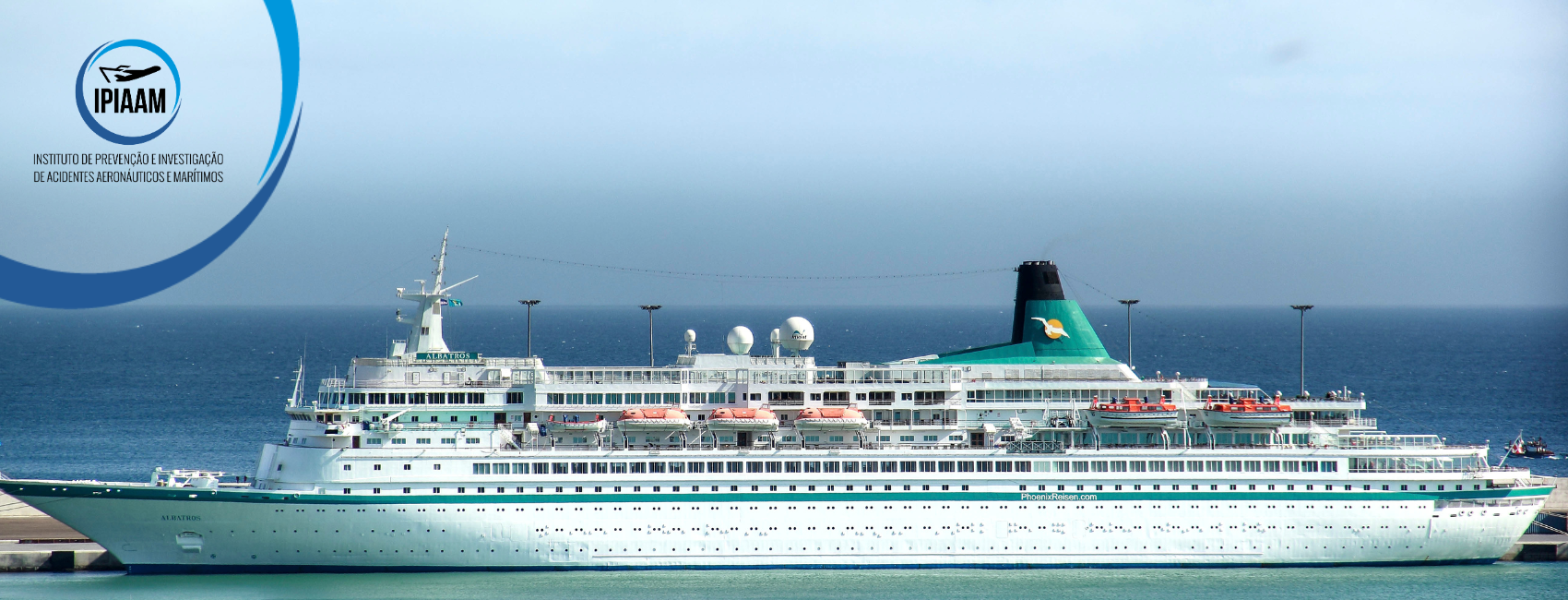The Sustainability of Maritime Transport 2024-07-15

The maritime industry is a fundamental pillar in the world economy, responsible for 80% of freight transport worldwide. However, all this connectivity depends on highly polluting fuels, which according to Global Maritime Forum, contribute to 3% of greenhouse gas (GHG) emissions and inflict a significant environmental impact on a global level.
The movement of ships can also lead to pollution of marine waters, through cargo leaks, inadequate discharge of ballast water, and washing of ship tanks, thus constituting the main sources of pollution arising from maritime transport.
According to the conventions established by the International Maritime Organization (IMO), the maritime transport is on a trajectory to reduce emissions by 70% by 2050, with more sustainable practices aimed at maximizing energy efficiency, shifting away from fossil fuels towards fuels produced from renewable energy.
In this context, decarbonization of the maritime sector becomes an imperative for governments and international institutions, aligned with the main instruments and policies, which places this issue at the center of the debate, in order to obtain solutions that support an energy transition that can reduce, effectively, environmental, climate and social impacts.
Among the initiatives under development are the modernization of the current fleet, including the refurbishment and adaptation of older ships to meet zero-carbon targets; advanced GPS navigation system; optimization of navigation routes; more economical propellers and the production of cleaner fuels, resulting in increased safety, time savings and reduced operating costs.







